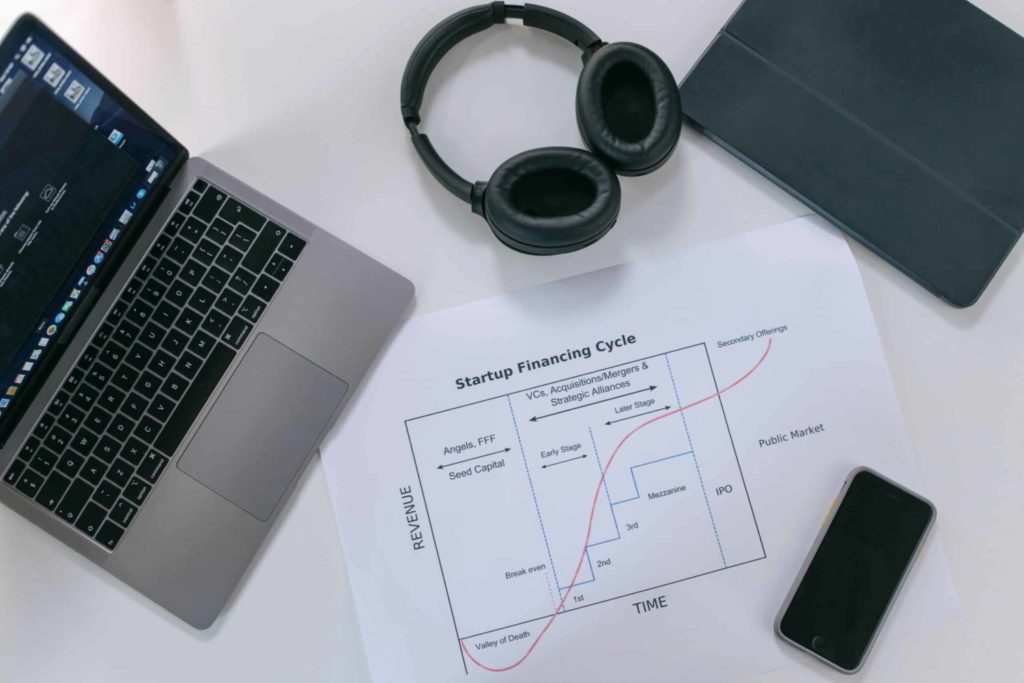For each of our funds, Sprint plans the portfolio construction well in advance of opening the fund for capital commitments and we continue to invest within these boundaries throughout the deployment schedule. Discipline and structure are paramount for us when we plan and construct our fund portfolios, and I would like to share some of these considerations.
- Target fund size – at Sprint we believe smaller fund sizes provide greater discipline though careful selection of investment opportunities, with each measured against the baseline “could this investment return the fund?”,
- Number of investments – in order to achieve diversification across individual investments and sectors, while conscious of the power law that few return most,
- Stages – Sprint invests from Pre-seed to Series A, and within these stages the risk and return profiles vary for an early stage investment. Determining how many investments across these stages further helps achieve diversification,
- Minimum and maximum cheque size – aligned with target ownership at each stage, we invest within guardrails to ensure disciplined investment, and
- Follow on investment – allowing for follow on funding in later stages for portfolio companies that show significant growth and progress.
The benefit of investing with Sprint as your venture capital fund manager is that we can provide a highly curated and disciplined portfolio of early stage investments, in line with our investment thesis of investing in the global macroeconomic growth opportunities in HealthTech and Aged Care, ClimateTech and Infrastructure as well as AI and Automation.

Why invest in VC now
As we continue to deploy capital from our second Sprint Fund, the Expansion Capital Fund, now is the time to invest in early stage startups. During a market downturn, at Sprint take the contrarian view that this is the best time to invest due to the following reasons:
- Depressed valuations is the best time to buy when prices have dropped,
- Low liquidity has forced great startups to strengthen unit economics and improve capital efficiency, and
- Previous downturns have generated successful companies such as Netflix and Atlassian during the early 2000s dot-com bubble and Airbnb during the GFC.
- Downturns can push entrepreneurs to think creatively and develop solutions that address the challenges of the times.
With a long-term outlook that surpasses the economic cycles, venture capital investors know that patient capital invested during a downturn can be a good entry point to capture returns as the market rebounds.
If you would like to invest with Sprint, you can register here.
Author: Georgia Barkell is the Managing Partner of Sprint Ventures.




